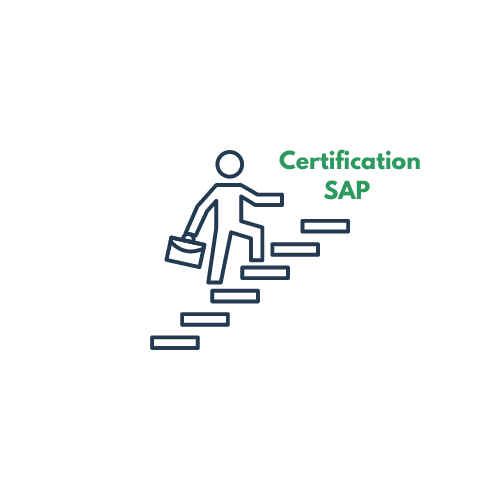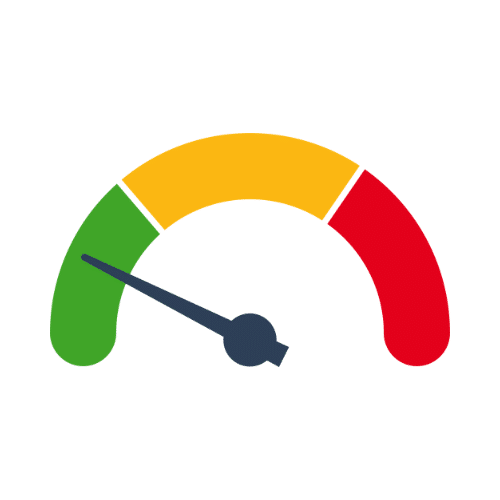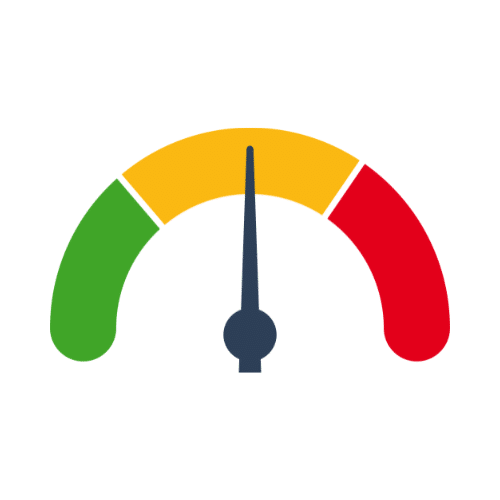SAP certifications
Guide to SAP certifications: awards, recognition, achievement.
You are here : Home " SAP Guide "SAP Certifications
In the SAP world, the certification is often seen as an open Sesame: the official proof of mastery of a module, business area or SAP technology.
But what is it really worth? Do you need to be certified to become an SAP consultant? How much does it cost? How can I prepare effectively?
This guide answers all these questions.
SAP certification is more than just a diploma. recognition delivered directly by SAPwhich certifies your competence in a specific solution, module or environment (S/4HANA, cloud, finance, ABAP...).
It can :
- Boost your CV
- Opening doors in major groups
- Building confidence during a career change
- Or structure a targeted skills upgrade
But it also has its limits, its subtleties... and is no substitute for practical experience.
🧾 What is SAP certification?
SAP certification is an official validation of your skills, issued directly by SAP or one of its accredited partners.
It certifies that you have mastered a specific area of the SAP ecosystem: a functional module (such as FI or MM), a technology (such as ABAP or SAP HANA), or a cloud solution (such as S/4HANA, SuccessFactors, Ariba...).
But beware: this is not a general diploma.
SAP certification is highly targeted: you are certified for a specific version, solution or functional scope.
For example:
- "SAP Certified Application Associate - SAP S/4HANA for Financial Accounting".
- "SAP Certified Associate - SAP Activate Project Manager
- "SAP Certified Technology Specialist - SAP S/4HANA Conversion and SAP System Upgrade"
In concrete terms, SAP certification means :
- An online or face-to-face exam, with a limited number of questions (often between 40 and 80).
- 2 to 3 hours
- Minimum score required (often between 60 and 70 %)
- And a digital badge to display on LinkedIn or on your CV once validated.
💡 Please note: certification does not guarantee that you are an expert.
It shows that you know the fundamentals of a solution... but only practice, confrontation with projects, and experience in the field will make you truly operational.
🏅 What are the most widely recognized SAP certifications?
There are dozens of SAP certifications, but not all are equal in terms of recognition or impact on your career.
Some certifications are in universal demand, as they correspond to the modules most frequently used in companies or projects.
In 2025, here are the ones that will stand out the most in job offers and freelance assignments:

To sum up: if you're aiming for a functional career (FI, MM, SD, HCM consultant), look for the S/4HANA Application Associate certifications.
If you're more technical, take a look at ABAP, SAP BTP or SAP Integration Suite.
Take a look at the certifications available: SAP Certifications
💰 What are the prices for SAP certifications?
When you think "SAP certification", you sometimes imagine a mountain to climb: a high price tag, complex resources, time-consuming organization.
But SAP has come a long way in this respect.
Today, you have the choice of several formulasdepending on your profile, your objectives... and your budget.
In a nutshell:
| Formula | Price | Contents |
|---|---|---|
| 1 attempt | 200 € | 1 exam, no retakes |
| 2 attempts + 10h practice | 240 € | 2 tests + sandbox access |
| 6 attempts | 500 € | Up to 6 certifications in 12 months |
💡 Whatever your formula, the most important thing is your preparation.
A certification is only valuable if it is backed up by concrete skills and a real mastery of SAP processes.
🎓 The different levels of SAP certification
Not all SAP certifications serve the same purpose.
SAP organizes them according to three levelsto match your level of expertise, experience and career ambitions.
But beware: while the difficulty may vary, the price remains the same.
➡️ Whether you need certification Associate, Specialist or Professionalthe price is the same:
200 € for 1 attempt, 240 € for 2, 500 € for 6.
Associate level: the basis for getting started
This is the first level.
Here you validate a functional understanding the SAP module you are targeting (e.g. SAP FI, MM, SD...).
- Target audience : beginners, career changers, junior consultants
- Topics covered SAP navigation, main transactions, basic business processes, key module principles
- Difficulty accessible, but rigorous
- Conditions no prior certification required
It's THE ideal certification to start with. It reassures recruiters, shows you're serious, and positions you on the market.


Specialist level: targeted expertise
Do you already have Associate certification? Do you have a specific scope of work?
The Specialist level validates in-depth competence in a specific function (e.g. planning in PP, supplier management in Ariba, etc.).
- Target audience : experienced or specialized consultants
- Topics covered specific settings, sub-processes, integrations
- Difficulty more technical, requires real experience
- Conditions Associate certification may be required
It's a differentiating plus on a CV, especially for freelancers or integrator consultants.
Professional level: the ultimate recognition
The Professional level is aimed at SAP experts with several years' experience, often project managers, architects or consultants.
- Target audience : seniors, architects, SAP managers
- Topics covered solution design, complex scenarios, architecture, best practices, common project errors
- Difficulty : high - logic of synthesis, strategy and hindsight
- Conditions Associate certification + experience is often required
It's a strong marker of credibility, particularly when it comes to accessing high-level roles, managing teams or working on international deployments.

To remember :
Exam content, complexity, prerequisites and skills assessed vary greatly from one level to the next.
But the price remains the same. It's your career path, your professional project, and your need for legitimacy that should guide your choice.
🏢 What value do SAP certifications have in business?
Let's be clear: SAP certification isn't everything.
But between two similar profiles, the certified one has an immediate advantage in the eyes of a recruiter, customer or project manager.
Why should we? Because this certification is recognized worldwide, issued by SAP itself, and rigorously structured.
It proves that you have taken the time to :
- Understanding a solution,
- Master its operation,
- And pass a demanding test, often in English, within a defined perimeter.
In a nutshell:
SAP certification does not guarantee expertise.
But it gives credibility to your career path, opens doors for you in structured companies, and sets you apart in a competitive market.
📝 How can I get SAP certification?
SAP certification isn't just for experienced consultants or employees of large corporations.
Today, everyone can certify themselvesBut you need to follow a structured approach.
Here are the key steps 👇
Choose your certification
Start by defining :
- Visit module (FI, MM, SD, HCM, PP, ABAP...)
- Visit level (Associate, Specialist, Professional)
- Visit solution type S/4HANA On-Premise, S/4HANA Cloud, SAP BTP...
To do this, ask yourself:
- What skills do I want to develop?
- What type of job or assignment am I looking for?
- Do I want to be operational or specialize?
Prepare yourself seriously
Certification is not an easy MCQ.
Even at Associate level, the questions require a real understanding of processes, SAP logic, and sometimes technical vocabulary.
Choose your exam formula
You have several options:
- 200 € → 1 attempt
- 240 € → 2 attempts + 10h training system
- 500 € → 6 examinations to choose from over 12 months
You can take the exam :
- On linefrom your home (monitored by webcam)
- At an approved centerif you prefer a formal setting
Pass the exam and receive your badge
Once you have passed the test, you will receive :
- A official digital badge (verifiable by a recruiter)
- A PDF certificate
- And the possibility of posting it on LinkedIn or your CV
SAP certification is not a requirement.
But it's a strategic step to solidify your career path, justify your skills and gain legitimacy (especially if you're retraining or freelancing).
At Key User Training, we help profiles like yours get there every week.
With a 100 % field-based, modular, results-oriented approach.
❓ FAQ - Everything you need to know about SAP certifications
Discover our other guides :




